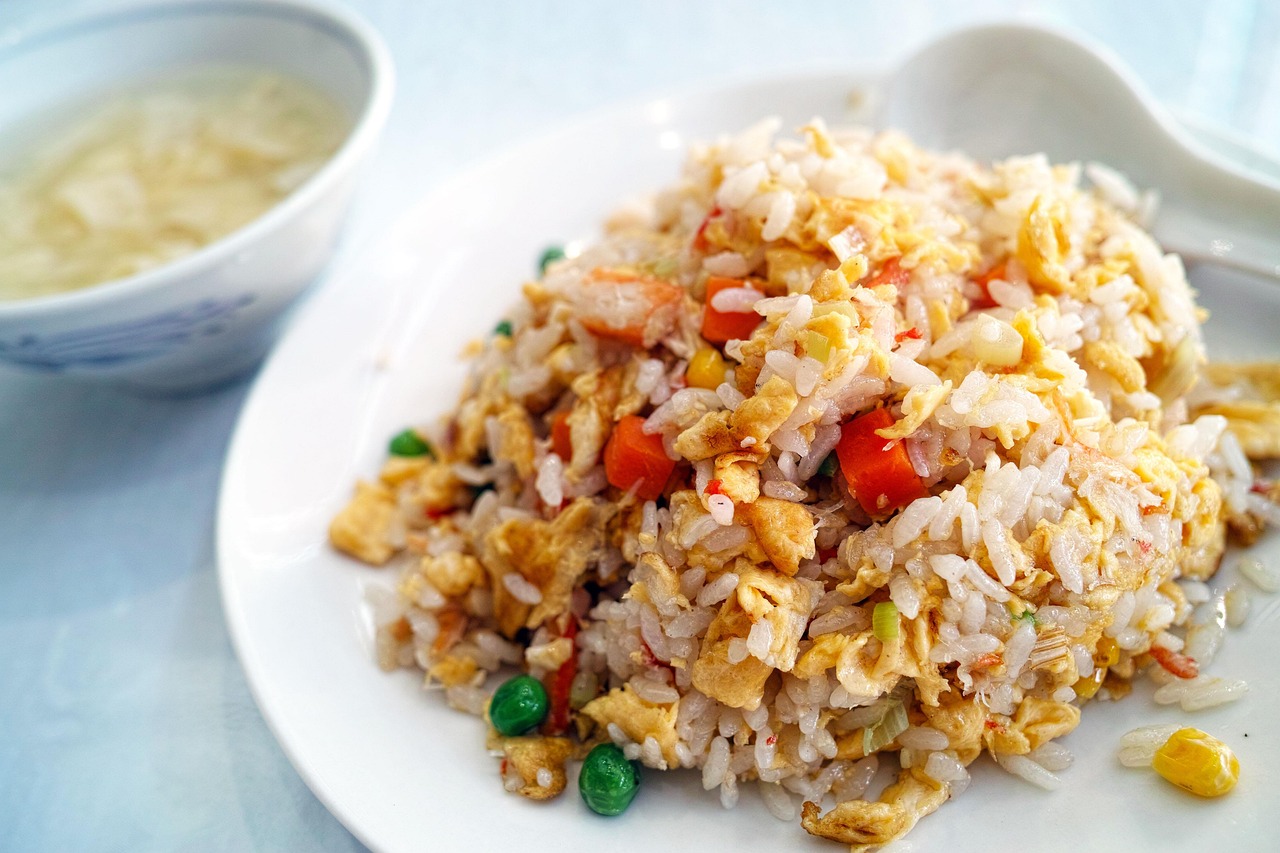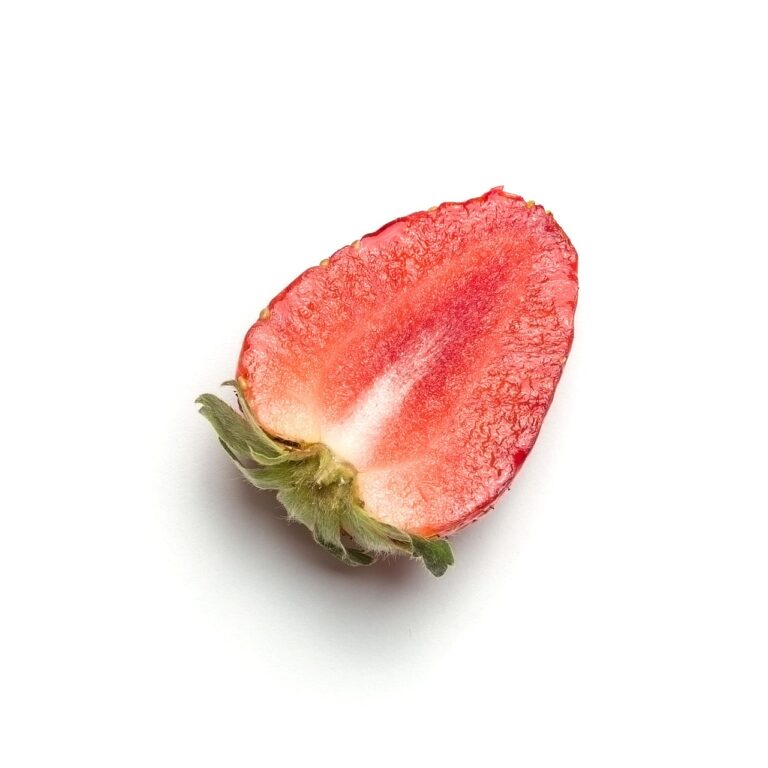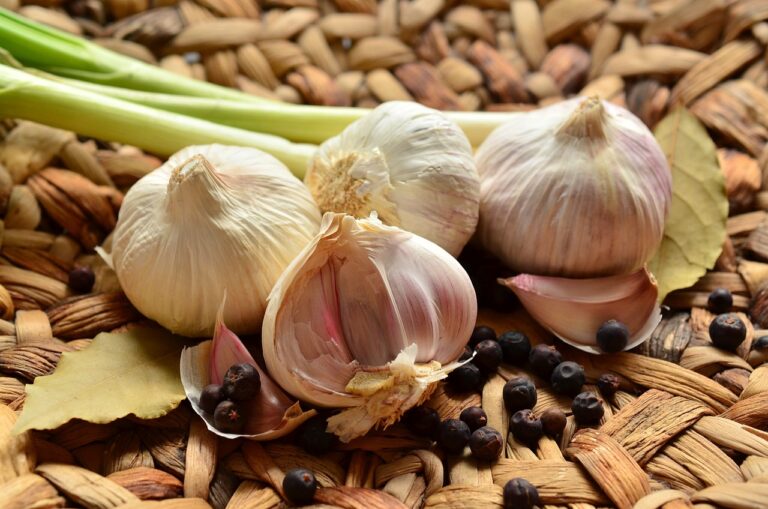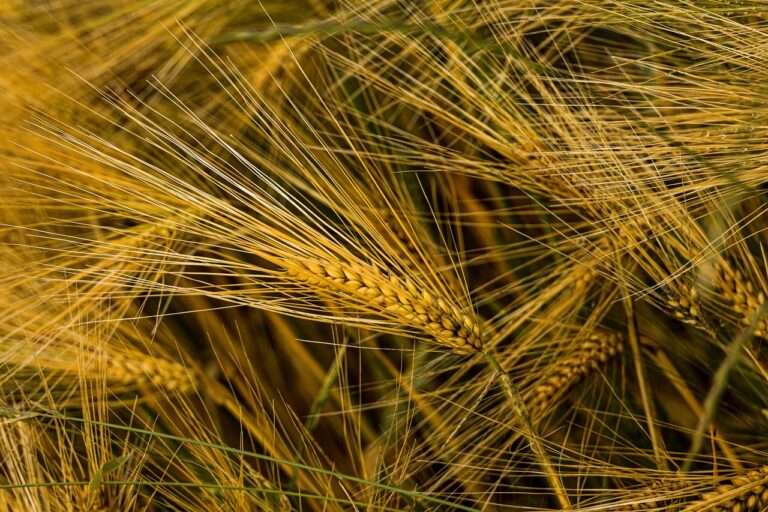The Future of Organic and Biodynamic Farming
One of the major obstacles faced by the agricultural sector is the impact of climate change. Erratic weather patterns, prolonged droughts, and extreme temperatures are becoming more frequent, posing a threat to crop yields and livestock production. Farmers are constantly having to adapt their practices in order to mitigate the effects of these unpredictable environmental changes.
In addition to climate change, another challenge within the agricultural sector is the issue of food insecurity. Despite advances in technology and farming techniques, there are still regions around the world where people struggle to access an adequate and nutritious food supply. This highlights the need for sustainable agricultural practices and innovative solutions to ensure food security for all populations.
Benefits of Organic and Biodynamic Farming
Organic and biodynamic farming practices offer a multitude of benefits to both the environment and consumers. By avoiding the use of synthetic pesticides and fertilizers, these methods help to preserve soil health and biodiversity. Additionally, organic and biodynamic farming promote sustainable agriculture by reducing water pollution and improving the overall quality of the ecosystem.
Furthermore, choosing organic and biodynamic products can have a positive impact on personal health. These farming techniques prioritize the use of natural and chemical-free inputs, resulting in produce that is free from harmful residues. Consumers who opt for organic and biodynamic products can enjoy a healthier diet while also supporting agricultural practices that prioritize sustainability and environmental stewardship.
What are the main challenges faced by the agricultural sector?
The agricultural sector faces challenges such as soil degradation, water pollution, pesticide resistance, and climate change impacts.
What are the benefits of organic farming?
Organic farming helps to improve soil health, reduce water pollution, promote biodiversity, and produce healthier food without synthetic chemicals.
How does biodynamic farming differ from organic farming?
Biodynamic farming is a holistic approach that views the farm as a self-sustaining ecosystem and follows specific practices based on lunar cycles and cosmic rhythms.
What are some benefits of biodynamic farming?
Benefits of biodynamic farming include increased soil fertility, improved crop quality, enhanced biodiversity, and a reduced dependency on external inputs.
How can organic and biodynamic farming contribute to sustainable agriculture?
Organic and biodynamic farming practices promote sustainable agriculture by preserving soil health, minimizing environmental impact, and promoting biodiversity for long-term food production.







